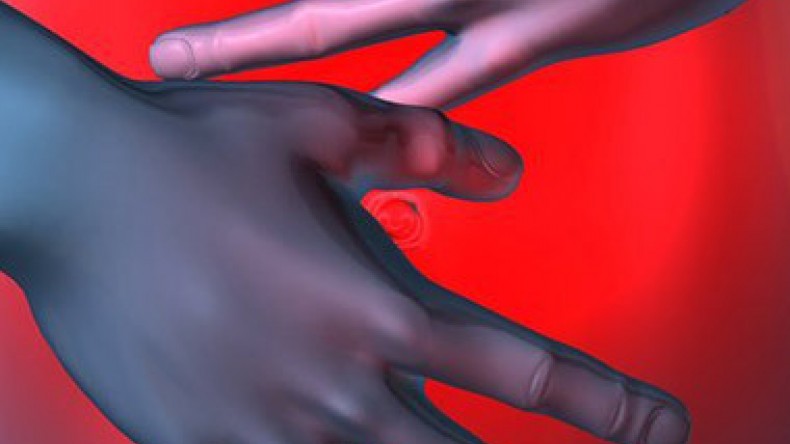
Chronic pain 'may be inherited'
Four common chronic pain conditions share a genetic element, suggesting they could - at least in part - be inherited diseases, say UK researchers, according to the BBC.
The four include irritable bowel syndrome, musculoskeletal pain, pelvic pain and dry eye disease.
The study of more than 8,000 sets of twins found the ailments were common in identical pairs sharing the same DNA.
The King's College London team say the discovery could ultimately help with managing these debilitating diseases.
While environmental factors probably still play a role in the four conditions, genes could account for as much as two-thirds of someone's chances of developing the disease, they believe.
They told the journal Pain that more research is needed to pinpoint the precise genes involved.
Chronic pain - pain which persists or recurs for months on end - is common and has many different causes, which can make it difficult to diagnose and treat.
While the pain can be related to other medical conditions, it is thought to be caused by problems with the nervous system, sending pain signals to the brain despite no obvious tissue damage.
Experts are keen to understand more about chronic pain to improve the quality of life of the millions of people who have to endure it.
Some have suspected that some people may have a genetic predisposition to chronic pain since many sufferers share similar symptoms and often have more than one of the different types of chronic pain conditions.
The team at King's College London decided to study identical and non-identical twins because these two groups provide an ideal comparison for investigating inherited genes - identical twins share the same DNA while non-identical twins do not.
Lead investigator Dr Frances Williams said: "This study is one of the first to examine the role of genetic and environmental factors in explaining the links between different chronic pain syndromes. The findings have clearly suggested that chronic pain may be heritable within families. With further research, these findings could then lead to therapies which may change the lives of those suffering with chronic pain."
Newsfeed
Videos






























